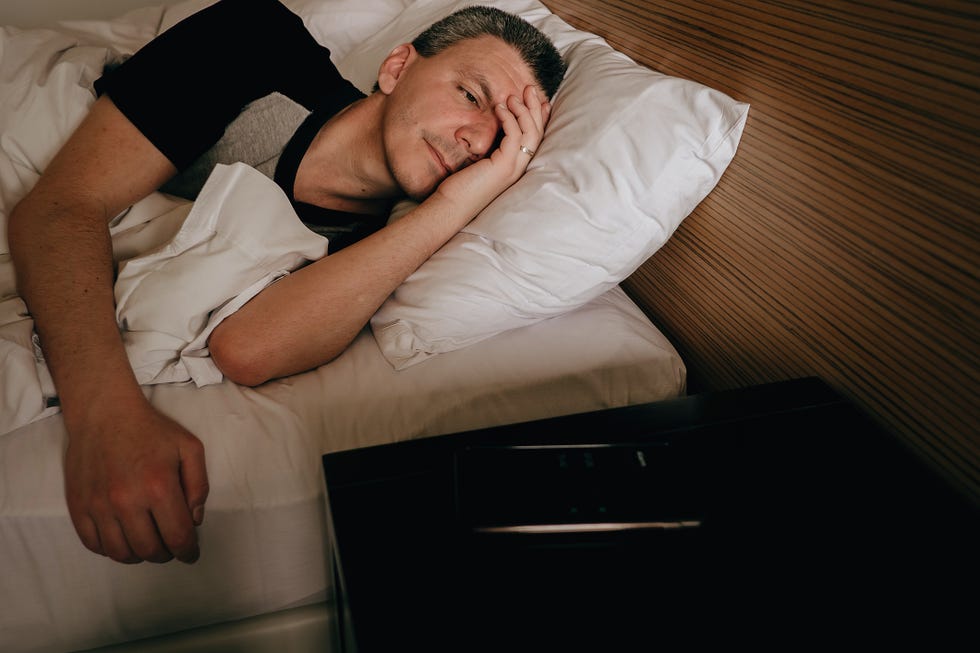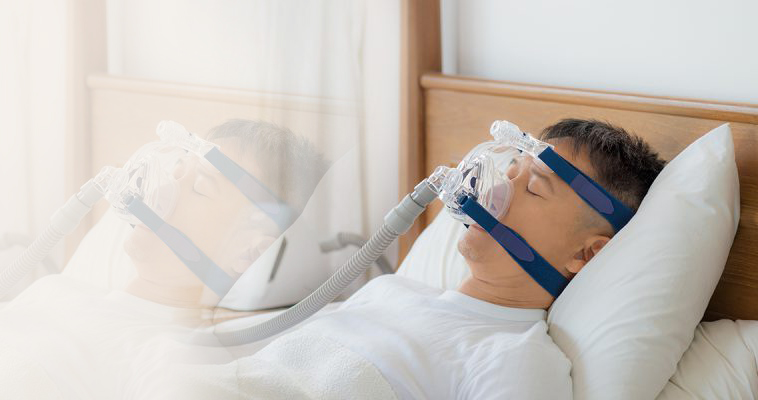Experienced Insomnia Specialist - Personalized Take Care Of Better Sleep
Experienced Insomnia Specialist - Personalized Take Care Of Better Sleep
Blog Article
Effective Treatment Solutions for Taking Care Of Sleep Disorders and Enhancing Peaceful Sleep
In the realm of health care, the monitoring of rest conditions and the pursuit for relaxing sleep are critical components of overall wellness. Effective therapy options offer a diverse method to take on these challenges, ranging from cognitive behavior interventions to holistic methods that advertise relaxation and mindfulness. The expedition of various techniques, consisting of the combination of medicine and light therapy, opens a world of opportunities in the pursuit of much better sleep quality. As we navigate the intricate landscape of rest disorders and seek to enhance our rest experience, a deeper understanding of these therapy options may hold the trick to opening an extra relaxing and fulfilling restorative trip.
Cognitive Behavior Modification for Sleeping Disorders (CBT-I)
Cognitive Behavior Therapy for Insomnia (CBT-I) is an organized, evidence-based therapy technique that concentrates on resolving the underlying elements adding to rest disruptions. This type of therapy intends to change habits and thoughts that aggravate sleeping disorders, ultimately promoting healthy and balanced rest patterns. CBT-I generally entails numerous key elements, consisting of cognitive treatment, rest restriction, stimulus control, and sleep health education.
Cognitive therapy helps individuals determine and alter adverse thought patterns and beliefs concerning rest that might be impeding their ability to drop or stay asleep. Sleep restriction entails limiting the quantity of time spent in bed to match the person's real rest duration, thus increasing sleep effectiveness (sleep disorder treatment). Stimulus control strategies assist develop a strong organization between the bed and sleep by urging people to head to bed only when sleepy and to stay clear of engaging in promoting activities in bed
Moreover, rest hygiene education concentrates on establishing healthy and balanced sleep routines, such as keeping a constant sleep schedule, creating a relaxing bedtime routine, and maximizing the sleep setting. By dealing with these elements adequately, CBT-I provides a reliable non-pharmacological intervention for managing insomnia and improving general sleep quality.
Sleep Hygiene Practices
Having actually developed the structure of cognitive restructuring and behavioral alterations in attending to insomnia through Cognitive Behavioral Therapy for Insomnia (CBT-I), the focus currently moves in the direction of discovering crucial Rest Health Practices for keeping optimum rest top quality and total health.
Sleep hygiene methods include a variety of routines and environmental factors that can substantially affect one's capacity to sleep and remain asleep throughout the evening. Constant sleep and wake times, producing a relaxing going to bed routine, and maximizing the rest setting by keeping it dark, quiet, and cool are vital elements of excellent sleep health. Limiting exposure to displays prior to going to bed, preventing stimulants like high levels of caffeine near going to bed, and participating in normal physical task throughout the day can also advertise better sleep top quality.
Additionally, practicing leisure techniques such as deep breathing workouts or meditation before bed can assist calm the mind and prepare the body for sleep. By integrating these sleep health methods into one's day-to-day regimen, individuals can establish a apnea treatment healthy and balanced sleep pattern that supports peaceful sleep and total well-being.
Leisure Techniques and Mindfulness
Executing leisure methods and mindfulness practices can play an essential function in cultivating a feeling of calmness and advertising top quality sleep. cognitive behavioral therapy for insomnia (CBT-I). These strategies intend to quiet the mind, lower tension, and produce an ideal atmosphere for relaxed sleep. One widely exercised technique is deep breathing exercises, where individuals focus on slow-moving, deep breaths to loosen up the mind and body. Dynamic muscle mass leisure includes tensing and after that launching each muscular tissue team, advertising physical leisure. Additionally, guided imagery can aid transfer people to a peaceful place in their minds, helping in stress reduction and boosting rest quality.
By incorporating these methods into a going to bed regimen, people can signify to their bodies that it is time to prepare and loosen up for rest. On the whole, incorporating leisure methods and mindfulness techniques can significantly contribute to taking care of rest conditions and improving overall rest high quality.

Medicine Options for Sleep Disorders
After exploring relaxation techniques and mindfulness techniques as non-pharmacological treatments for improving rest quality, it is vital to consider medicine options for people with sleep conditions. In instances where way of life official statement changes and treatment do not supply enough alleviation, medicine can be a valuable device in taking care of sleep disruptions.
Commonly recommended medicines for rest disorders include benzodiazepines, non-benzodiazepine hypnotics, antidepressants, and melatonin receptor agonists. Antidepressants, such as trazodone, can be useful for individuals with co-occurring anxiety and sleep disruptions - insomnia therapy.
It is important for people to talk to a doctor to determine the most ideal medicine option based on their specific sleep condition and case history.
Light Therapy for Body Clock Regulation
Light treatment, additionally referred to as photo-therapy, is a non-invasive treatment method used to manage circadian rhythms and boost sleep-wake cycles. This therapy involves direct exposure to brilliant light that simulates all-natural sunlight, which assists to reset the body's internal clock. By exposing people to specific wavelengths of light, normally in the early morning or night depending on the wanted impact, light treatment can effectively change the circadian rhythm to advertise wakefulness during the day and boost relaxed rest in the evening.
Research has shown that light therapy can be particularly valuable for people with body clock disorders, such as delayed sleep stage disorder or jet lag. It can also be helpful for those experiencing seasonal affective condition (SAD), a kind of anxiety that usually happens throughout the winter season when natural light direct exposure is minimized. Light therapy is usually well-tolerated and can be made use of combined with other treatment techniques for rest problems to optimize outcomes and improve general rest top quality.
Final Thought
To conclude, effective therapy remedies for managing sleep disorders and enhancing relaxing sleep include Cognitive Behavioral Therapy for Sleeping Disorders (CBT-I), sleep health practices, leisure strategies and mindfulness, drug choices, and light therapy for body clock regulation. These approaches can help individuals enhance their sleep quality and general health. It is very important to seek advice from a check out this site doctor to figure out the most suitable strategy for resolving sleep concerns.
As we browse the complex landscape of rest disorders and seek to improve our sleep experience, a deeper understanding of these treatment solutions might hold the key to unlocking a much more relaxing and meeting corrective trip.
Sleep restriction includes restricting the quantity of time invested in bed to match the person's actual sleep period, therefore raising sleep effectiveness. Regular rest and wake times, developing a relaxing going to bed regimen, and enhancing the rest setting by maintaining it dark, silent, and cool are crucial parts of great sleep health. Light therapy is generally well-tolerated and can be utilized in combination with various other therapy approaches for sleep disorders to optimize results and boost total sleep top quality.

Report this page